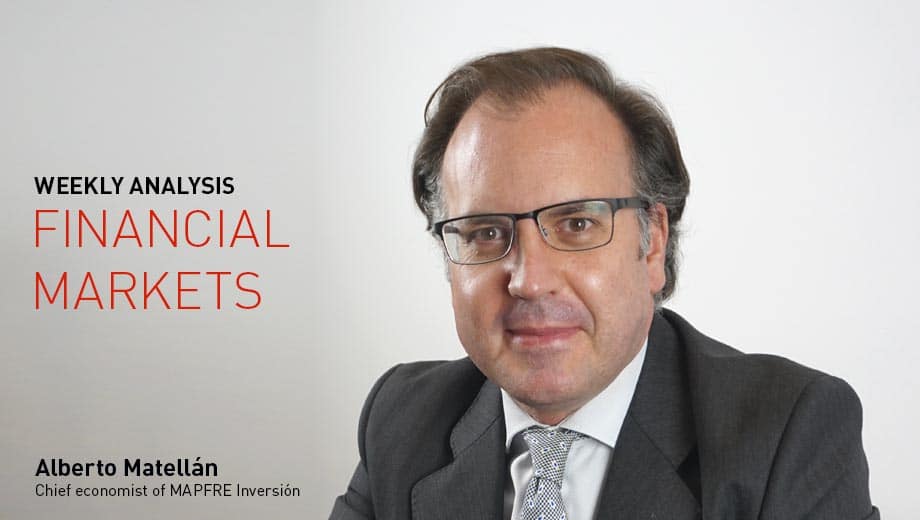Challenging Milton Friedman: inflation is no longer strictly monetary

Redacción Mapfre
Milton Friedman was a monetarist. The economist proposed solving inflation problems by limiting growth of the money supply to a constant, moderate rate. But the current situation has changed and, as MAPFRE Inversión Chief Economist Alberto Matellán points out, "CPI inflation is no longer a strictly monetary phenomenon, rather it responds to political issues." “For inflation to be sustained in the long term, it needs to be reinforced, something has to happen, and for that, we need to analyze three possible factors where there may be a shortage: energy, work, and technological components. These three factors are rooted in regulatory problems or political causes, so there is every indication that a solution will be sought and, therefore, it could be a temporary phenomenon," he explains in his weekly appearance on Radio Intereconomía.
The rise in prices, in the cost of living, is at the center of the debate, both internationally and in Spain. The CPI has soared to 4% in September. “To say for certain whether this rebound is going to be temporary would be oversimplifying. It’s impossible to know. We’ll see what happens throughout 2022,” he adds. Meanwhile, energy prices continue to rise. Even so, Matellán says, gas or oil prices cannot always rise vertically. "Inflation caused by raw materials is always temporary, they usually contribute between two and three tenths to the year-on-year CPI in Europe, and now there is no reason to think this won't continue to be the case," he says.

Another consequence has been the rise in interest on debt. But the economist insists that we should not lose sight of where we're coming from. The Spanish ten-year bond is at levels close to 0.4%, similar to those of April and May, and in 2019, we exceeded 1.2%. The same thing is happening proportionally in the United States. "The debt markets are in the hands of the central banks, and this limits movements," he says.
A higher inflation scenario with slower growth does not suit tech companies. This explains Nasdaq hitting the brakes. But Matellán believes that, in the medium term, the sector should return to an upward trend on the stock market. Still, as part of his weekly investor tips, he points out that retail investors should not play with market timing; in other words, they shouldn't enter now because they think these companies have fallen a lot. “It’s tempting, but it’s not the right strategy. Those of us who are professionals are not making significant portfolio changes. The retail investor should think more about the long term and follow their advisor's guidance,” he concludes.



